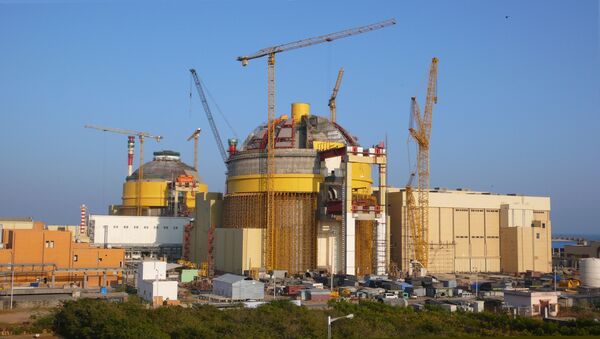The move will drive energy self-sufficiency and decrease the country’s reliance on carbon-emitting energy — both of which are priorities for the Modi administration, Asia Times reported Wednesday.
Though US President Donald Trump blasted India and China for their use of fossil fuels like coal when he withdrew Washington’s participation in the Paris Climate Accord, Modi has stated he wants to expand electricity access, as many in India don’t yet have access to the power grid.
Nuclear energy could prove to be "the most important source of energy for India in the coming decades," an Observer Research Foundation study from 2016 stated. Nuclear energy has "huge" potential for growth in India, produces zero-carbon energy, and offers a “consistent nature of production,” the study noted.
India’s massive population of 1.3 billion will continue to harm an already depleted ozone layer if clean electricity doesn’t substitute for fossil fuel sources. "The significant expansion of nuclear power can both enable the connectivity of millions of Indians who currently lack access to the power grid and help it contribute to global efforts to tackle climate change by curbing its total carbon emissions," the study added.
“India has a vision of becoming a world leader in nuclear power technology due to its expertise in fast reactors and thorium nuclear fuel cycle,” according to the London-based World Nuclear Association’s website.


